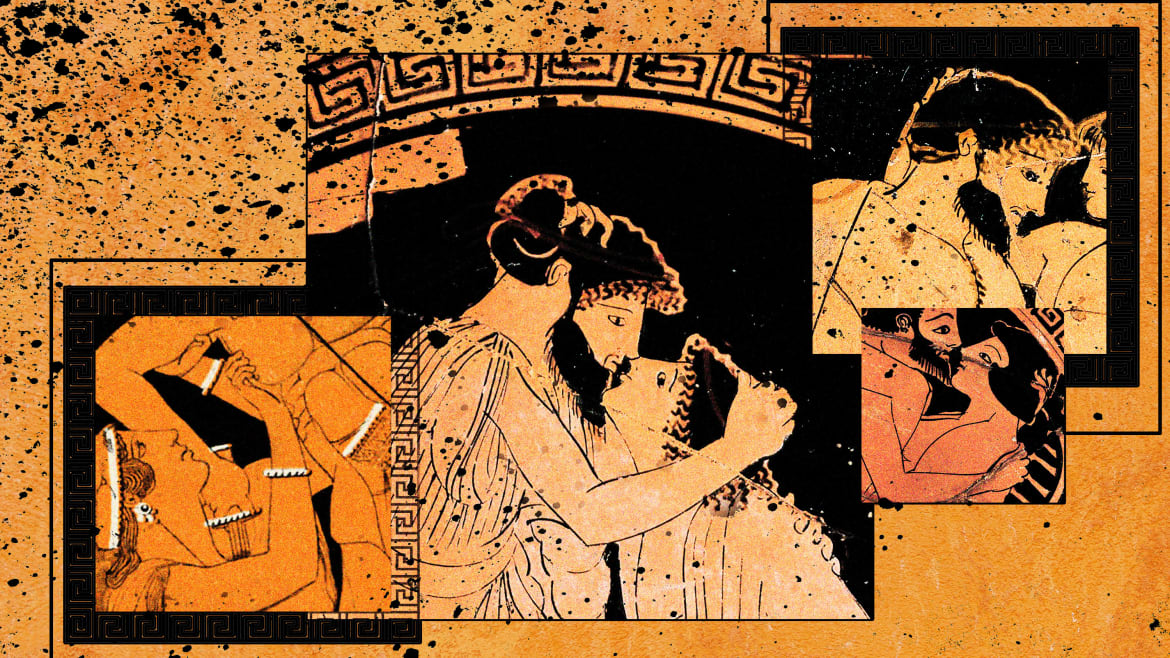Photo Illustration by Erin O’Flynn/The Daily Beast/Getty Images
In July 1838, as he considered the prospect of marriage, Charles Darwin, took a sheet of paper and made a list of pros and cons. Pros included the possibility of children, companionship (marriage was “better than a dog”), and having someone to take care of the house. The drawbacks involved the “terrible loss of time,” potential quarrels, and financial burdens of a wife. Among the advantages of bachelordom, he wrote was “not [being] forced to visit relatives.” This problem, however, was easily dealt with. After some flirtations, he settled upon Miss Emma Wedgewood, the daughter of his favorite uncle and, thus, his first cousin.
Though he was the father of evolution and genetics, Darwin was not a great social innovator. Bourgeois Victorians regularly sought their mates at family gatherings. In the long view of human history, however, cousin-unions do not dominate the landscape of our cultural consciousness. Except for royals, who had an avoidably small dating pool, intra-family marriages are seen as outliers. Or so we might think. A new study of the ordinary inhabitants of the ancient Aegean shows something quite different.
An international team, led by scientists from the Max Planck Institute for Evolutionary Anthropology in Leipzig, Germany, produced a scientific study of the genetics of people from a number of Greek islands. The team analyzed more than a hundred samples of genomes from inhabitants from the Neolithic and Middle Bronze age Aegean (17-12th centuries BCE) and noticed an interesting result: more than half the people who lived on these islands married their cousins. The results were published open access last week in the prestigious journal Nature Ecology & Evolution.

